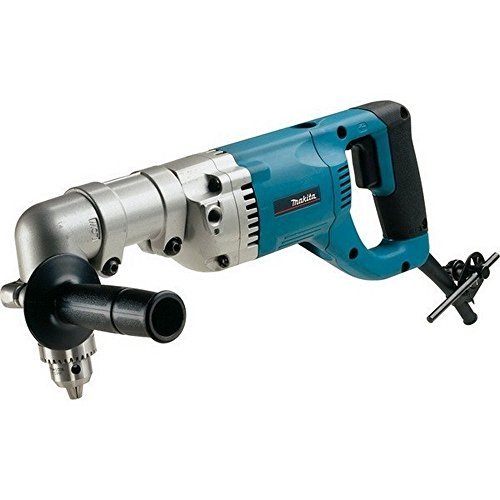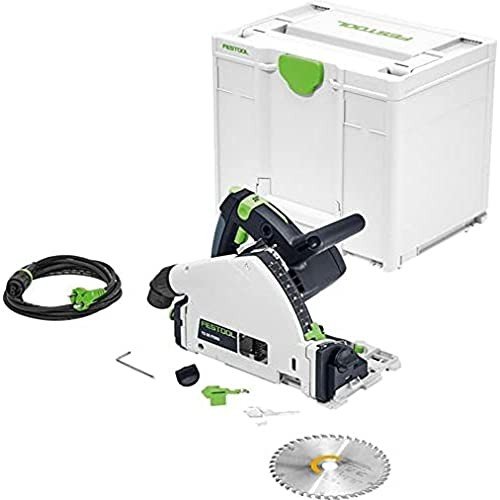A Productive Rant Concerning Shop Power Tools
페이지 정보

본문
 The Workhorse of the Shop Power Tools
The Workhorse of the Shop Power ToolsHand-held power tools are powered by electricity, internal combustion, or compressed air. They can be employed to drill, cut, sand or grind materials.
 One of the primary power Tools shop online that every woodworker should have is a tablesaw that makes quick work of nearly any cutting task. Also, consider a miter saw stand and a drill/driver set.
One of the primary power Tools shop online that every woodworker should have is a tablesaw that makes quick work of nearly any cutting task. Also, consider a miter saw stand and a drill/driver set.Table Saw
The table saw is one of the most versatile tools in the shop. It can cut stock, cross-cut it, miter it, and even dado or rabbet it. It can also cut angled surfaces for frames, chests or planters.
The circular blade of the saw is large and spins at a high speed. The table has large dimensions that support the stock while it passes through the blade. The saw blade is protected by guards for the blade that help to keep the wood from becoming caught and possibly kicked back toward the operator. The saw is also protected by the splitter or riving blade that is a vertical projection that is located directly behind the blade that can take the form of a fin or pin.
Table saws that are designed for contractors have larger motors that are hinged to the rear of the saw and drives the blade using two or more rubber V-belts. They are usually employed by tradesmen and carpenters but they are also available in the home shop as well. These saws come with more features, such as a sliding mitertable, than portable ones.
Smaller table saws have a smaller, lighter-duty motor that is usually belt driven. These saws are more targeted towards hobbyists and domestic use. Many of them come with a sliding mitertable that allows users to make complex cuts, such as those needed for picture or mirror frames, as well as boxes, cases, and drawers.
Utilizing a table saw correctly is essential to avoid injury. Always be to the left of the blade when making cutting rips and ensure that your hands are away from the saw's edge. When cutting, it's important to utilize a guide block or push stick. This is particularly important in commercial environments where HSE guidelines require you to maintain a minimum span from the blade.
Many woodworking projects require tapered legs. The simplest and fastest method of cutting them is with a table saw and a simple adjustable tapering jig which you can create at home. A tapering jig can be set for any angle between zero and fifteen degrees. This allows you to cut any set of tapered legs in your workshop.
Bandsaw
A bandsaw is perfect for cutting various shapes in metal and wood, making it a vital tool for custom fabrication. It's also a useful tool for woodworking projects, such as cabinetry and furniture. The saw is able to be used for cutting curved cuts like circles and is able to cut through various materials, including ice.
There are two kinds of bandsaws: horizontal and horizontal. Vertical bandsaws are used for freehand cutting and excel at resawing and curved cuts, while horizontal bandsaws are more adept in cutting straight and angled cuts. The saw can either operate manually or through a powered feed system. Manual bandsaws require the user to manually lower and raise the blade for each cut, while power fed systems are more efficient.
Safety is the top priority when using the bandsaw. Always wear protective gear, including safety goggles and ear protectors to protect against dust and noise. To prevent accidents and injuries, keep your feet and hands clear of the blade. It's also essential to properly set the saw for safety, making sure that the blade is securely secured and aligned properly and that the guides are adjusted.
Based on the type of material you're cutting, you may need to adjust the feed rate and speed to achieve the best results. Regular maintenance which includes adjustments to tension and tracking of the blade will ensure that your saw makes precise and smooth cuts and prolongs the life of its.
The blade of a bandsaw will typically be made of heat-treated steel to resist the wear and tear that is caused with regular use. The teeth are also welded onto the saw which gives it a unique shape and preventing them from being pulled loose or damaged by a sudden jolt.
The throat depth of bandsaws determines the length of the piece of lumber it can cut. The larger throat depths can be used to cut larger lumber pieces and are ideal for resawing or ripping, both of which involve cutting across grain. Some bandsaws feature tilting tables that can be used to create angled cuts and repurpose scrap wood.
Dust Collector
Woodworking tools produce a lot of chips and dust that must be gathered to safeguard your health, the shop's cleanliness, and the longevity of your equipment. The kind of collector you require is determined by the amount and size of power tools you use in your woodshop, as well depending on the frequency at which they are used. The best quality power tools woodworking dust collectors offer superior filtration that will remove fine particles from the air, allowing you to breathe healthier, cleaner and more comfortable as you work.
Nederman offers dust collection systems to meet your needs, whether you are an individual shop or a huge production woodworking facility. Our woodworking dust management, waste management, and combustible-dust management solutions combine environmental protection and improvements in the efficiency of machines.
There are several types of woodshop dust collectors available on the market including:
A basic dust extractor can replace your shop vacuum. The units connect to your buy power tool tools via the hose that connects the dust port on your machine. When you switch on your tool the hose will be activated and pulls in dust and debris from your workspace.
Most dust extractors, depending on the brand you choose, are equipped with an HEPA filter to remove fine dust particles which can cause respiratory issues in the course of time. They also typically come with a higher CFM (cubic feet per minute) airflow, which allows for a greater volume of air. They might also have an airspeed gauge or system that automatically cleans the filter.
If you have a larger shop or want the added flexibility to use your woodworking equipment on the go, think about a portable woodshop dust collector that comes with an rechargeable battery as well as an in-line connection that can be connected directly to an electric tool deals uk. They are portable and can operate several tools at the same time. These units are compact and have a caster-base. They also come with bags or a filter for collection for easy emptying.
If you are an experienced woodworker or contractor, you may need a more powerful dust collection system. These are more expensive than an extractor but provide a wider range of filtration. They can also be mounted to a wall or in their own room. These units can be used to clean up plaster, drywall and other demolition projects as well as woodworking projects.
Planer
The planer is a powerful tool that every woodshop should ever be without. It may not be the most attractive or flashiest, but it does make one of the biggest improvements in the ability of turning rough lumber into beautiful and useful projects. It can be used to reduce boards to a specific thickness. It works on softwoods as well as hardwoods. It is also useful when working with unwieldy, knotty, or twisted stock which is not possible to handle with hand tools.
A portable planer of good quality is worth the admission cost to any woodworking workshop. You might be able locate a planer for sale at a great price, but you must pay attention to the condition of the planer and the tables for infeed and outfeed. These elements will determine the performance of your planer and if it will last for a long period before you need to replace components. If the cutter head on your planer is not of top quality, it will wear out quickly and you may have to replace it in a short time.
The jointer and the planer are not the identical machines. A jointer makes an entire board straight and flat, whereas the planer will cut the boards to a specific thickness. Some woodworkers use both machines at once to finish a project. But, they're equally essential for any workshop that works with rough lumber on a regular basis.
A commercial-grade planer is a great purchase if you are looking to work with wood professionally and want reliable equipment. They are designed to operate in situations where speed of production is more important than finishing the surface. These machines will save you a amount of time, however you must be careful not to overload them. They may burn out. They will also need to be properly maintained to ensure that they function correctly. A regular maintenance schedule in the shop can extend the life of your planer.
- 이전글Ten Mitsubishi Car Key Replacement-Related Stumbling Blocks You Shouldn't Share On Twitter 24.12.15
- 다음글10 Undeniable Reasons People Hate Asbestos Cancer Lawsuit 24.12.15
댓글목록
등록된 댓글이 없습니다.
